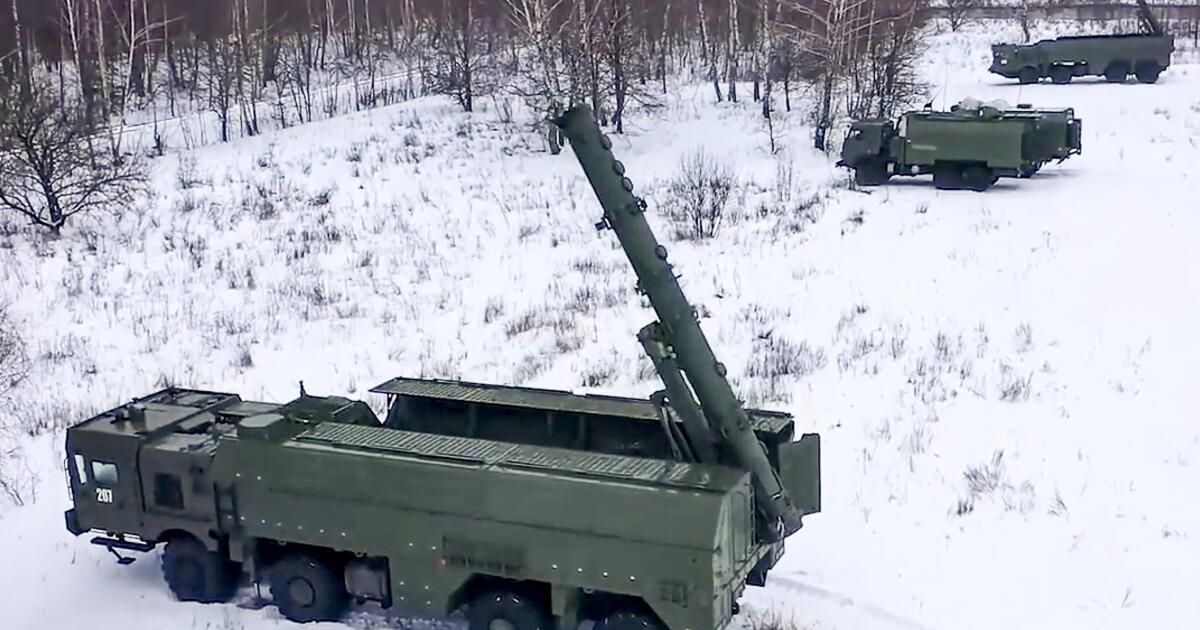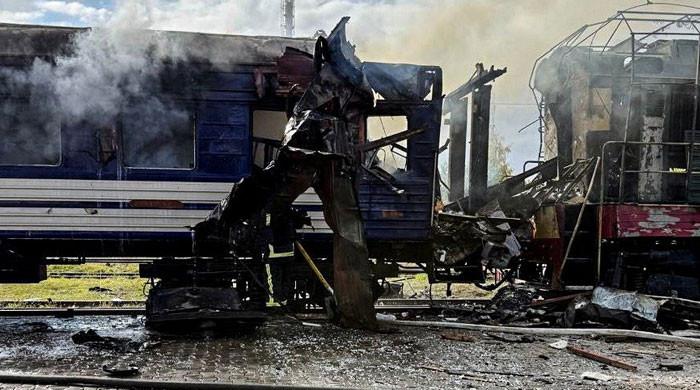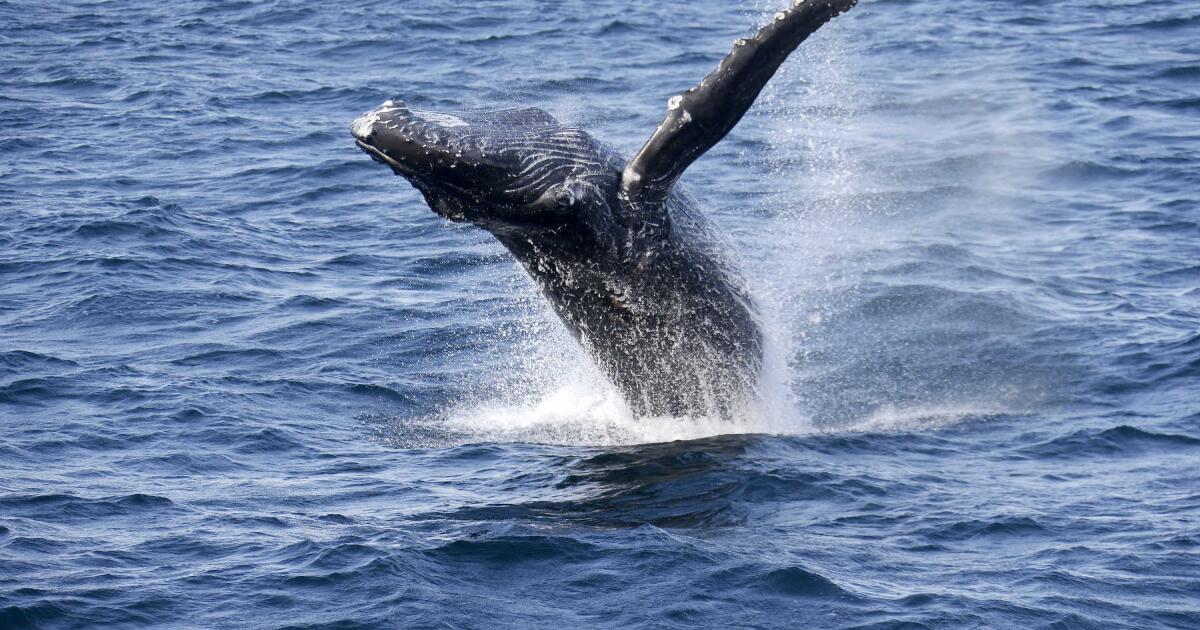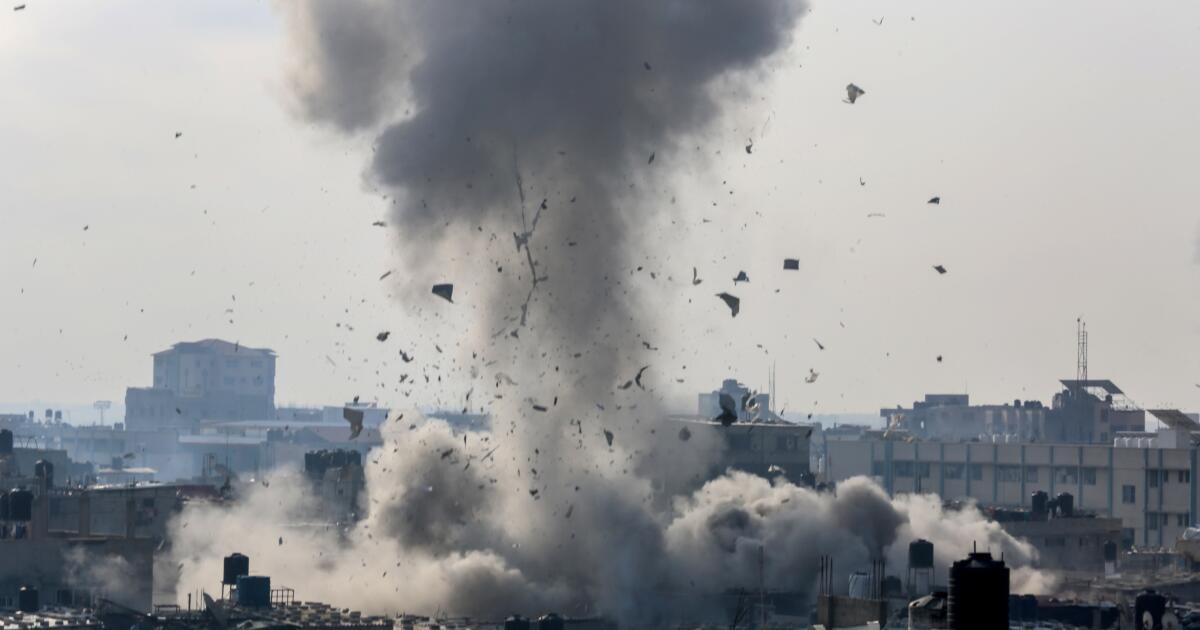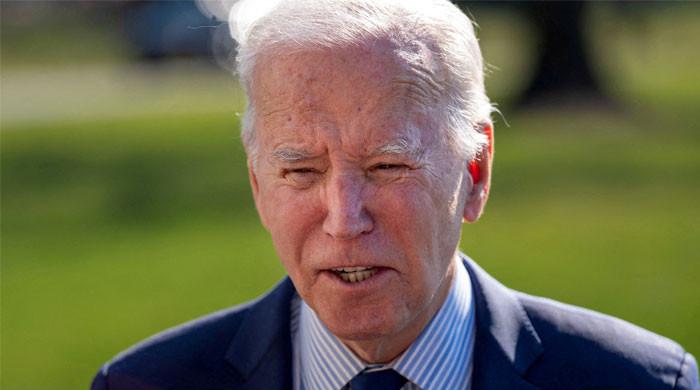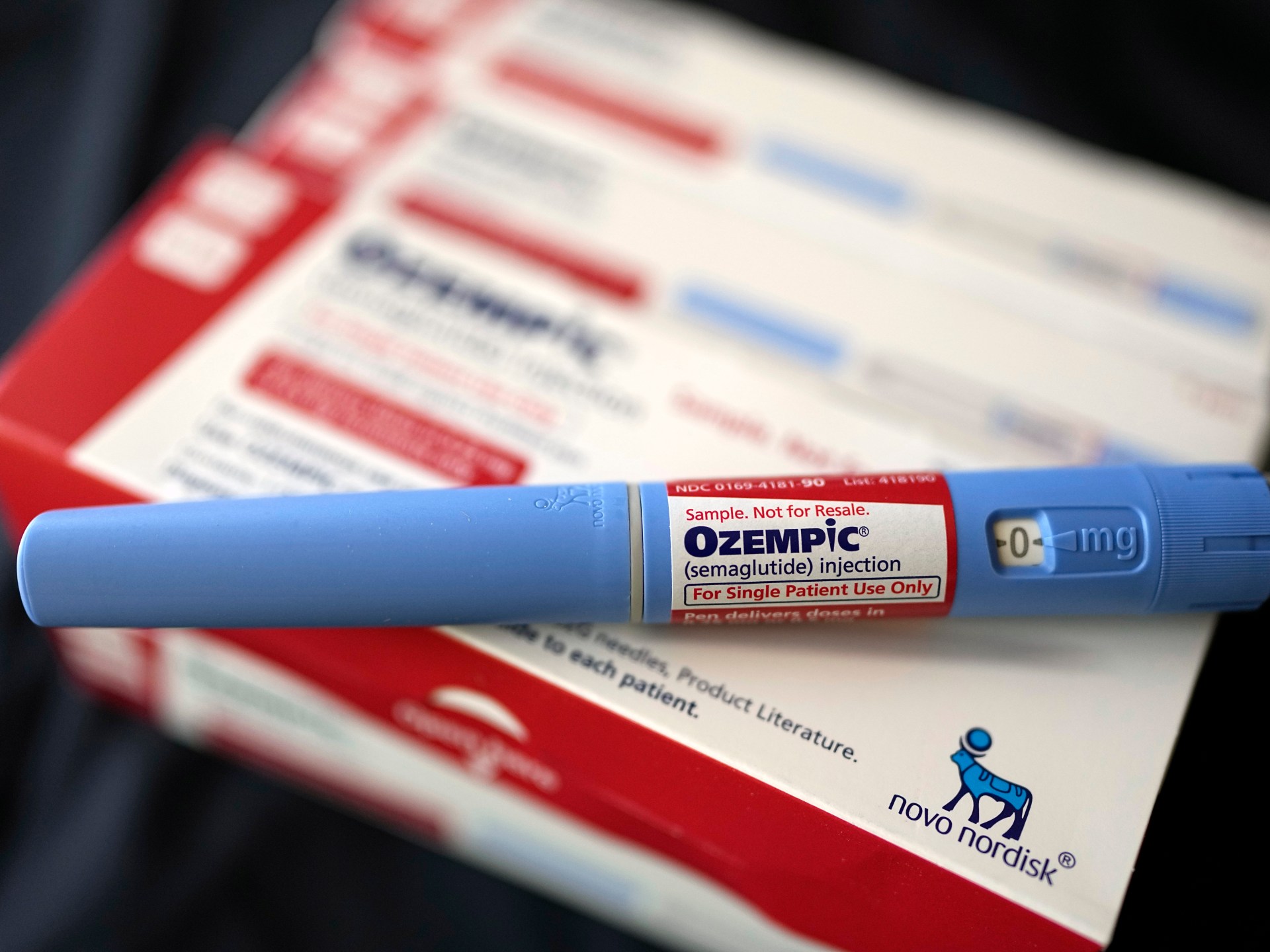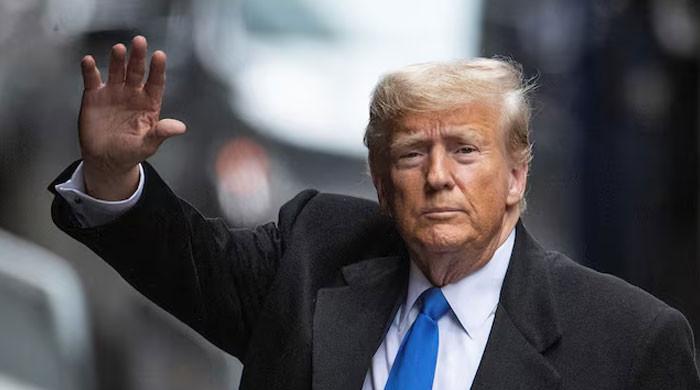Once again, Russian President Vladimir Putin appears to be rattling the nuclear saber. But why now?
The Kremlin, citing recent comments by Western leaders about the war in Ukraine, said on Monday it would soon carry out a simulated use of tactical or battlefield nuclear weapons, marking the first time Moscow had announced such an exercise.
The announcement provoked a harsh response. US Department of Defense spokesman Maj. Gen. Patrick Ryder called it “completely inappropriate.” NATO spokesperson Farah Dakhlallah called Moscow's plans “dangerous and irresponsible” and the European Union called on Russia to “stop the escalation.”
Like so many pronouncements from Moscow, the timing of this one could matter as much as its substance.
This week marks two days of great importance for Putin: his inauguration on Tuesday for another presidential term after a landslide and unsurprising election victory in March, along with the traditionally bombastic Victory Day celebrations on Thursday commemorating the Soviet victory over the Nazis.
It is commonplace for nuclear powers like Russia (or the United States, for that matter) to conduct controls on their weapons arsenals. But declaring an explicit connection between exercises involving the practical use of nuclear weapons and comments from adversary governments about an ongoing conflict is an unusual diplomatic move.
Russia's Defense Ministry said the planned tactical nuclear exercises near Ukraine were aimed at “unconditionally guaranteeing the territorial integrity and sovereignty of the Russian state.”
Tactical nuclear weapons, as their term implies, are much smaller and less powerful than strategic nuclear weapons, such as intercontinental ballistic missiles that carry nuclear payloads that could devastate large population centers. But nuclear threats, even veiled ones, have a way of capturing everyone's attention.
Unlike strategic nuclear weapons, battlefield nuclear munitions (which are relatively compact and easily transportable) are not subject to international arms agreements, and Russia's arsenals are shrouded in secrecy. These weapons can be deployed in the form of air-dropped bombs or short-range missiles.
The Pentagon is closely monitoring Russia's nuclear posture, and over the course of the Ukraine war, the Biden administration has reported no changes, even as Russian rhetoric suggests heightened tensions.
Western analysts say the latest comments typify a pattern that has taken hold since Putin's large-scale invasion of Ukraine in February 2022: That is, any perceived Western escalation is met with Kremlin threats of a nuclear nature, aimed to raise the specter of total war. war between Russia and the US-led coalition aiding Ukraine.
Among observers of this conflict, there are some differences of opinion about whether these warnings are more worrying or significant than similar ones in the past, although many dismissed Monday's announcement as little more than grandstanding.
Alexander Clarkson, professor of European studies at King's College London, suggested the event did not reflect some carefully calibrated political message from Moscow. Russia's threshold for using nuclear weapons, he wrote on social platform X, is “whatever Putin and a small inner circle of defense establishment think it is when they get out of bed in the morning.”
However, the Kremlin's announcement could give fresh ammunition to those opposed to more Western aid to Ukraine. During a prolonged congressional blockade of military assistance, finally resolved with last month's approval of $61 billion in aid to Ukraine, far-right Republicans accused the Biden administration and Ukraine's other Western partners of playing games. with nuclear fire by continuing to support the government of Ukrainian President Volodymyr Zelensky.
Ukraine dismissed the Russian announcement as part of a family playbook.
“We don't see anything new here,” Andriy Yusov, a spokesman for Ukrainian military intelligence, said on national television. “Nuclear blackmail is a constant practice of the Putin regime.”
The latest rhetorical outburst over nuclear weapons comes at a time when Ukraine is undoubtedly fighting on the battlefield.
A much-vaunted Ukrainian counteroffensive failed in the summer. Now, as the weather improves, some of the country's allies (and even some Ukrainian defense officials) have expressed concern about whether Russian forces could take advantage of the weakness of Ukrainian fortifications and force their way somewhere along of the front lines.
The town of Chasiv Yar in eastern Ukraine is considered vulnerable to a Russian attack, although it is located on high ground, a position that is often favorable for defenders.
Over the past few months, Russia has been rocked by a campaign of attacks within its borders by Ukrainian forces. The United States has largely ordered Ukraine not to use U.S.-supplied weaponry for such attacks, primarily targeting Russian energy infrastructure. But close allies like Britain are not imposing similar restrictions on Ukrainian forces.
On Monday, the British ambassador in Moscow, Nigel Casey, was summoned to the Russian Foreign Office for a formal protest after David Cameron, former British prime minister and now foreign secretary, declared last week that Ukraine had the right to use British weapons. launch attacks inside Russia.
Cameron, who visited the Ukrainian capital last week, said then that Ukraine could decide how to use long-range weapons provided by the British, without ruling out attacks on Russian territory. Moscow calls this an abrogation of previous British assurances to the contrary.
Even more irritating for Russia than Cameron's comments were recent statements by French President Emmanuel Macron, who publicly mulled the idea of sending European troops to Ukraine.
Kremlin spokesman Dmitry Peskov called British and French statements about such potential deployments “unprecedented” and a “completely new round of escalation of tension.”
When asked on Monday about the reasons behind the tactical nuclear weapons exercise, he pointed in particular to Macron's comments.
At the same time, Russia views its own production of conventional weapons, such as artillery, as having increased considerably, as necessary in light of the actions of Ukraine's allies.
“We are now at the stage of open confrontation, which I hope will not result in a direct armed conflict,” a senior Russian envoy, special ambassador Grigory Mashkov, told the state RIA news agency.
He said Moscow would take steps to strengthen its defense capabilities, including bolstering missile stockpiles, “to deter any potential enemy from testing Russia's strength.”
In recent days, Russia has also criticized North Atlantic Treaty Organization military exercises near its borders.
Over the weekend, Foreign Ministry spokeswoman Maria Zakharova described the months-long maneuvers, planned for this month, as a clear sign that the alliance is preparing the ground for a conflict with Russia. The exercises, involving some 90,000 soldiers, represent the largest such exercise conducted by NATO since the Cold War.

